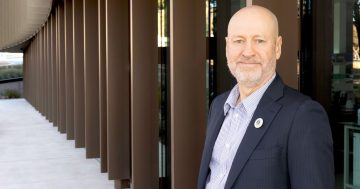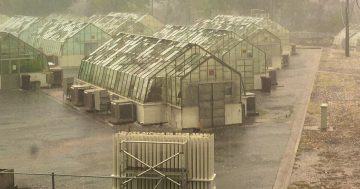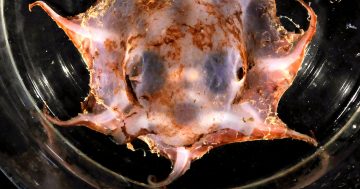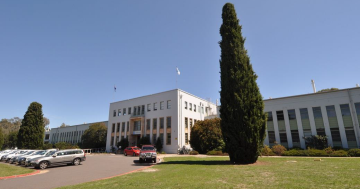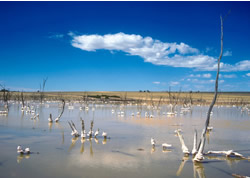 The Commonwealth Scientific and Industrial Research Organisation (CSIRO) has been awarded the inaugural 2019 GEO Sustainable Development Goals Award for Innovation at a global meeting of more than 1,100 industry delegates in Canberra.
The Commonwealth Scientific and Industrial Research Organisation (CSIRO) has been awarded the inaugural 2019 GEO Sustainable Development Goals Award for Innovation at a global meeting of more than 1,100 industry delegates in Canberra.
The award is recognition of CSIRO’s work in developing systems to track, compare and address land degradation issues like over-grazing, drought and contamination, a system used by more than 140 countries around the world.
Research scientist Dr Neil Sims, who led the CSIRO team, said that Agencies needed remote sensing tools and knowledge to understand what was going on in the landscape and to be able to report changes and implement management activities to address them.
“We developed techniques for measuring land cover change, land productivity and soil organic carbon stocks with a core focus of ensuring that all countries, at any level of capacity and technological development, could use them,” Dr Sims said.
“We were engaged by the UN Convention to Combat Desertification (UNCCD) because Australia is seen as a leader in Earth observation technologies and CSIRO has a strong ethos of collaboration.”
He said the CSIRO solution used Earth observation technology generated by satellite imaging to map land degradation over time, and drew on a network of more than 80 expert contributors and reviewers to develop its global standards and tools.
A collaboration between CSIRO and Conservation International made the satellite data and models accessible through an opensource soft product called Trends.Earth.
CSIRO has also opened an Agriculture Research Station at Boorowa in southwestern NSW.
The $11.5 million digitally-enabled farm, which took four years to design and build, is equipped with six weather stations to monitor experiences in crop science, agronomy and farming systems across its 290 hectares.
Director of CSIRO Agriculture and Food, Dr Michiel van Lookeren Campagne said the farm was an important research facility for Australian agriculture.
“Our agriculture industries are facing major challenges, especially with the current drought,” Dr van Lookeren Campagne said.
“Here at Boorowa, we’ll be trialling new varieties of wheat, canola, legumes and pastures that can withstand warmer and drier conditions, such as those predicted for the future.
The new research station replaces CSIRO’s Ginninderra Experimental Station, which was established just outside Canberra in 1958.





